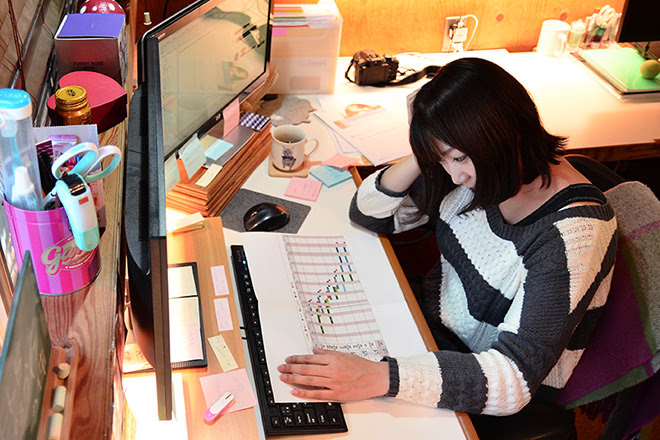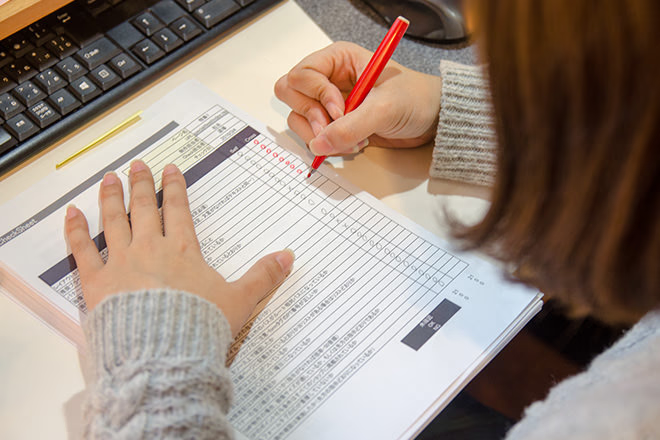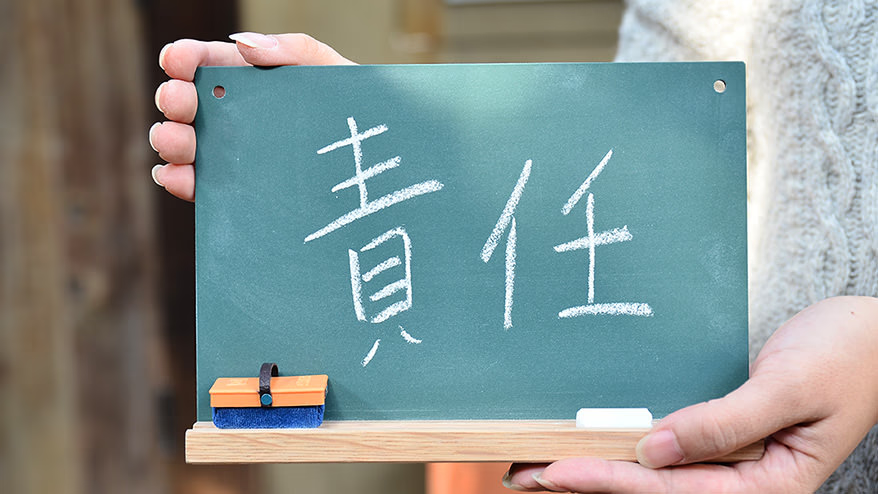Hello, this is Dojo from the Creative Department Operations Team.
Recently, in an introduction to members on the Monosasu website, a colleague who works on the same operations team wrote a fairly favorable article about my work , but the truth is that when I first joined the company, I didn't even understand what direction was, and I did my best despite having no confidence whatsoever.
Since joining Monosus, I have learned through many failures and what I think is important for a director.
Not cool
The Birth of a Director

In my previous job, I worked at an advertising agency managing websites, including design work, so I thought I would be able to put that experience to good use, but that was a huge overstatement.
First of all, immediately after joining the company, I was made to realize how low the level of my designs had been. I realized I was just a frog in a little pond, and I felt very embarrassed.
Since I was still studying coding, the only option left for me to use my experience from my previous job at Monosus was direction, and as I wanted to be a designer, being a director was a reluctant choice for me.
I often found myself not knowing whether a design was good or bad, and even if I had an idea, I would not say anything, thinking that since a designer with more experience than me said so, it must be correct. I also often left detailed coding instructions to experienced coders, thinking that it would be fine if I left it to them.
With little experience or knowledge in design or coding and little confidence, I ended up being what they call a "disappointing director" who simply conveyed information.
The wall I faced and the opportunity for growth

However, even if you lack confidence, there will come a time when you have no choice but to do it.
In one case, the client was not satisfied with the design, so we had to resubmit the proposal several times.
Some of the revisions the client made were consistent with what I had in mind, and I regretted not expressing my opinions more. My boss also told me, "Even if you're not confident, the director is the one who is responsible for the final product, so you shouldn't leave it all to him. You have to make something that you can be satisfied with," and I thought that was absolutely right.
Up until then, I had been "trusting the production staff and leaving it to them," but I realized this had led to irresponsible leaving it to them, and from then on I became more proactive in considering how we could produce better products and the quality of the deliverables.
Also, in one project, we made a terrible mistake. Due to differences in production environments, we delivered the product without being able to do the final check in-house, and the mistake was discovered in the other party's test environment.
A customer scolded me, saying, "You're the director, aren't you? If you're going to deliver products of this quality, there's no point in having a dojo."
The words that customer said to me at that time were exactly as you said, and they struck me deeply. I felt so embarrassed and sorry that I just wanted to disappear.
From then on, when I was in a situation where I couldn't do something, I would do my best to figure out how to do it, and never deliver it until I was confident that it was okay.
In my opinion, for the director
What is important?
Until then, I had prided myself on being someone with a strong sense of responsibility, but the incident above made me realize that I still had a long way to go, and I began to take absolute responsibility for the quality of the projects I was in charge of.
There are many things that are important for a director, such as progress management, budget management, understanding, and negotiation skills, but I think the most important thing is to take 100% responsibility for the projects that you are in charge of.
To achieve this, I take responsibility for the quality of the work created by other team members, improving the level of completion until I am satisfied with it, thinking from the perspective of whether it is capable of achieving the client's intentions and objectives, and thoroughly checking until I can be confident that there are no mistakes, striving to deliver the work in a state where I can feel 100% accomplished.
Looking back on it now, I feel that rather than growing through my own efforts, I was helped along by the people around me, including my customers.
I would like to continue absorbing various things from those around me and strive to improve myself so that I can also mentor my juniors.

